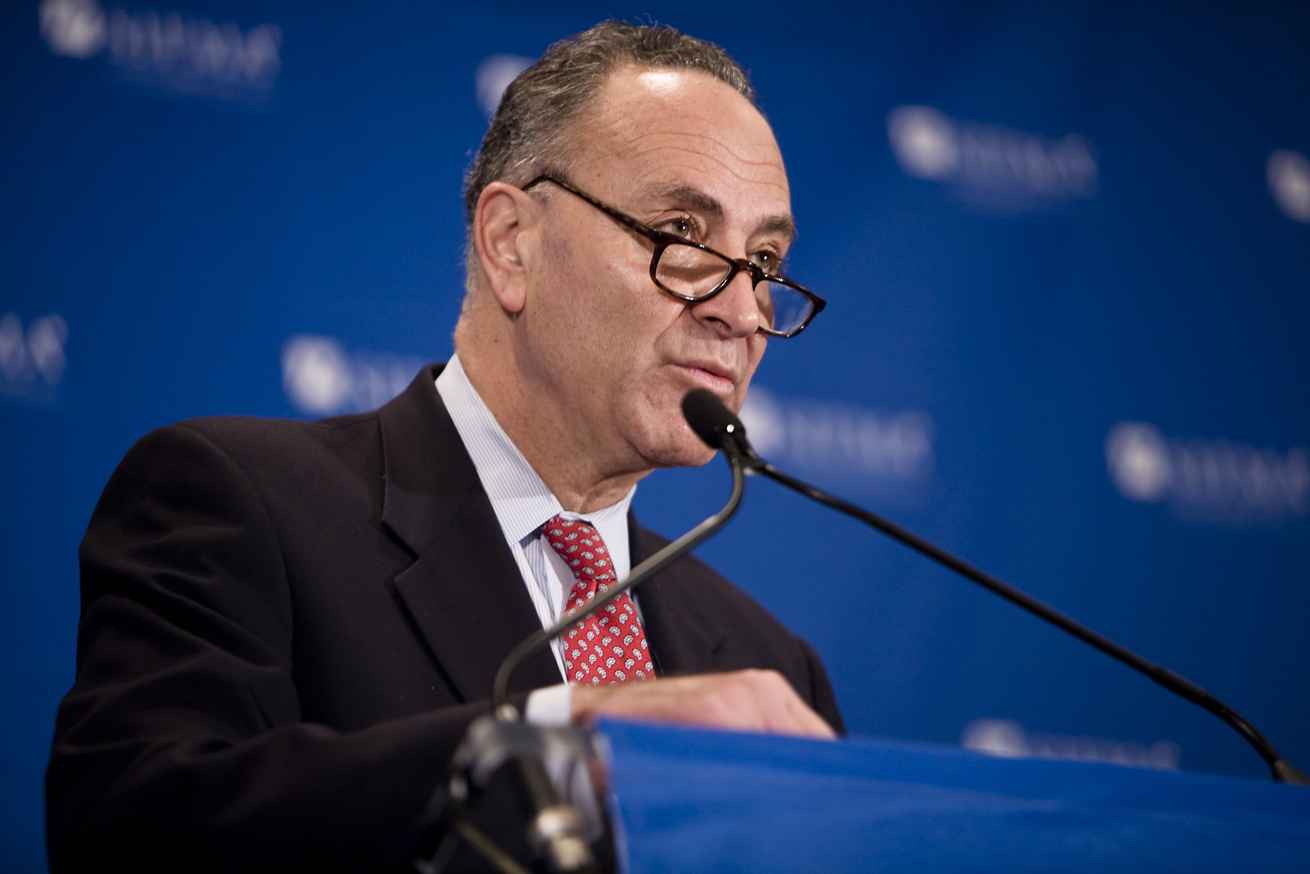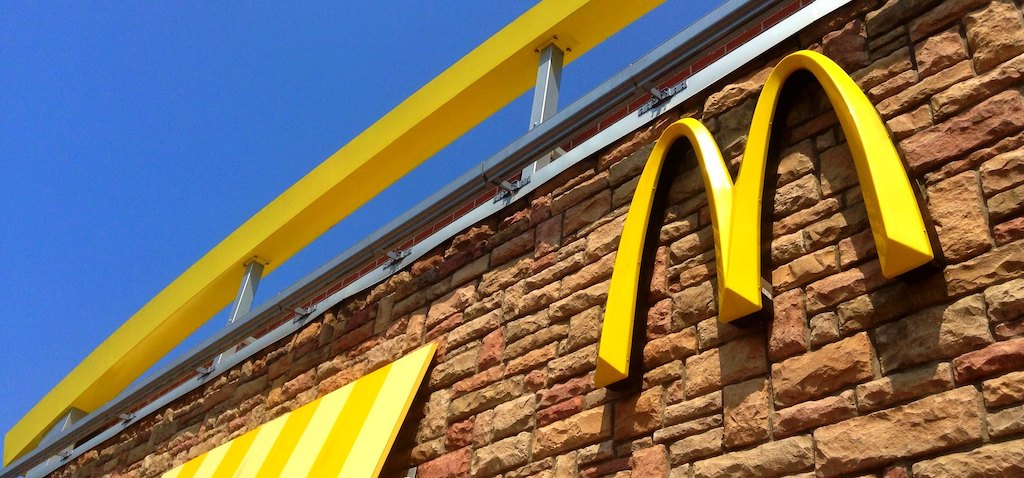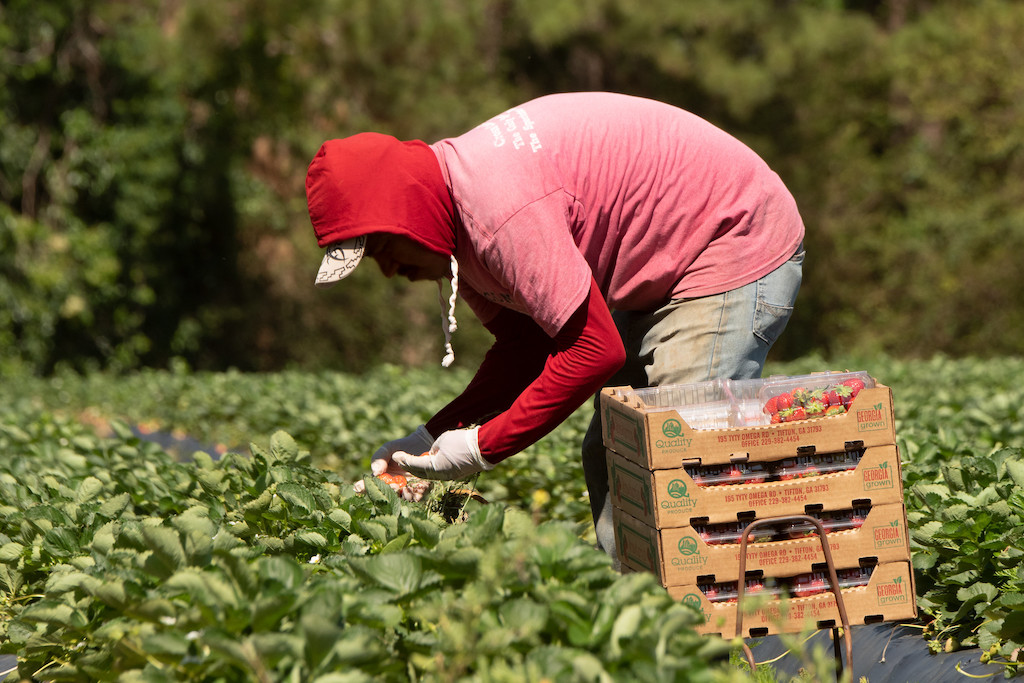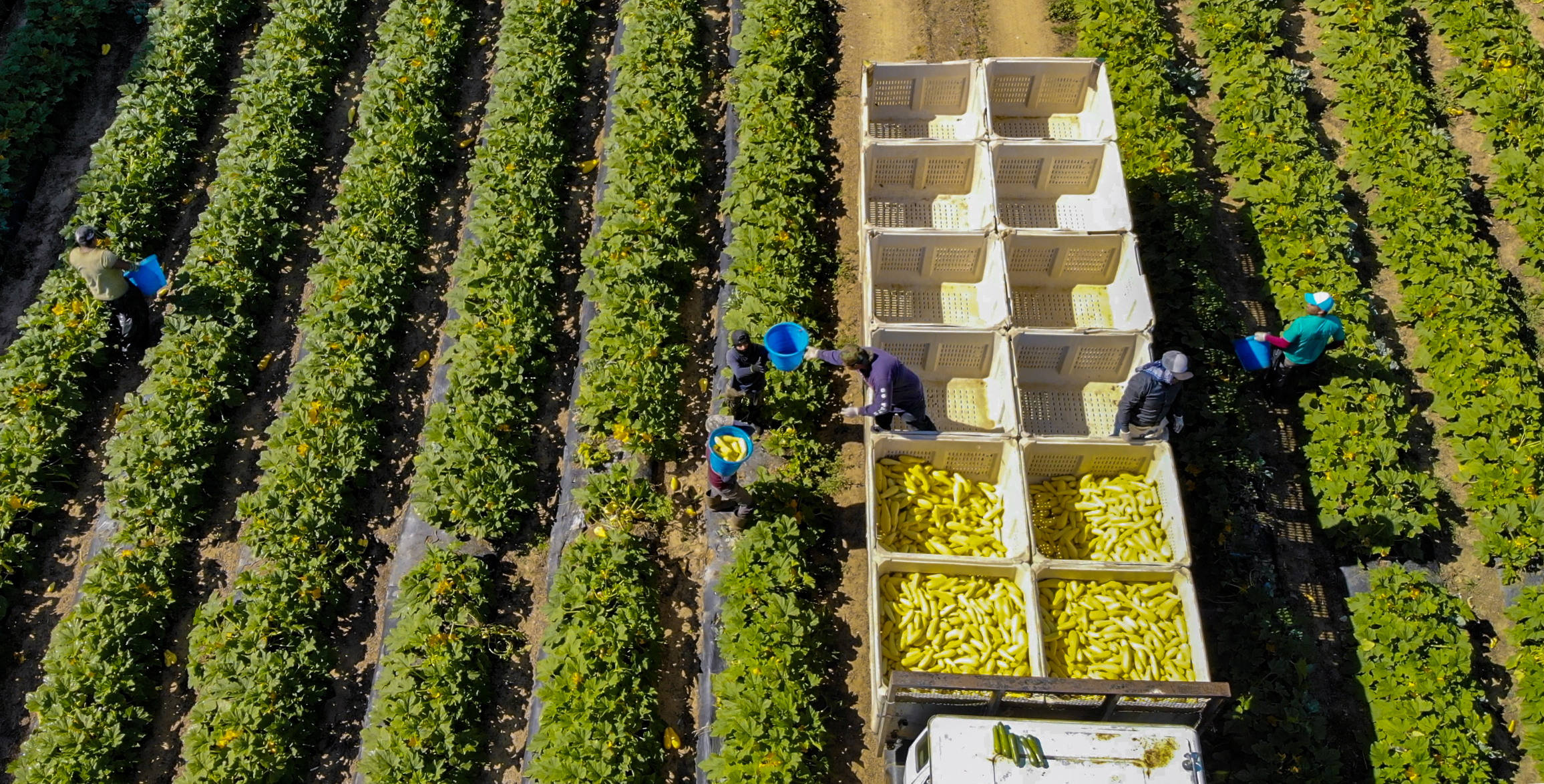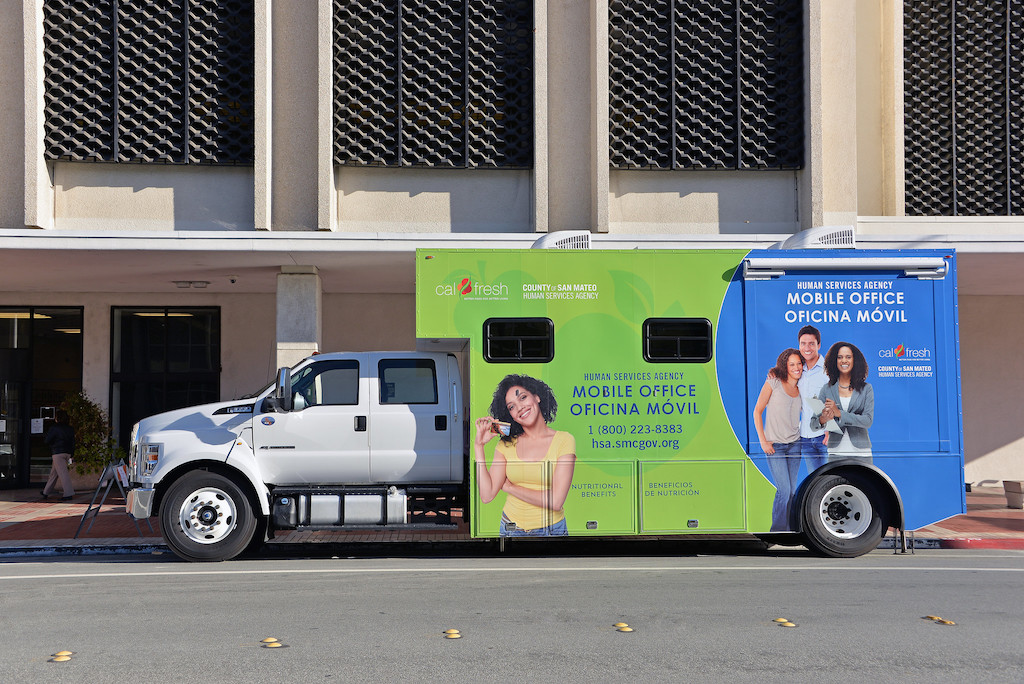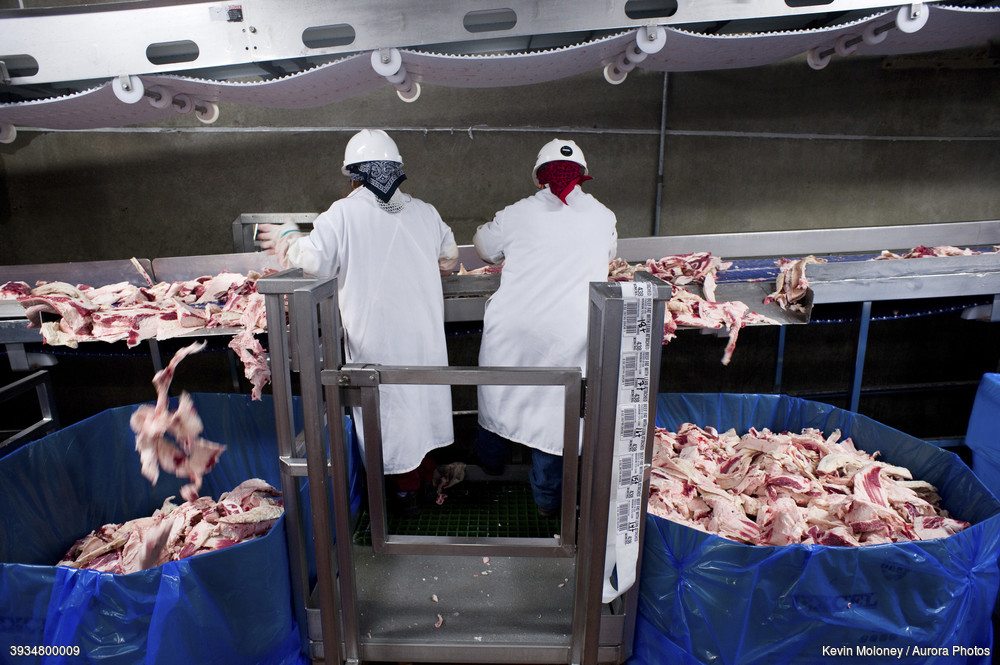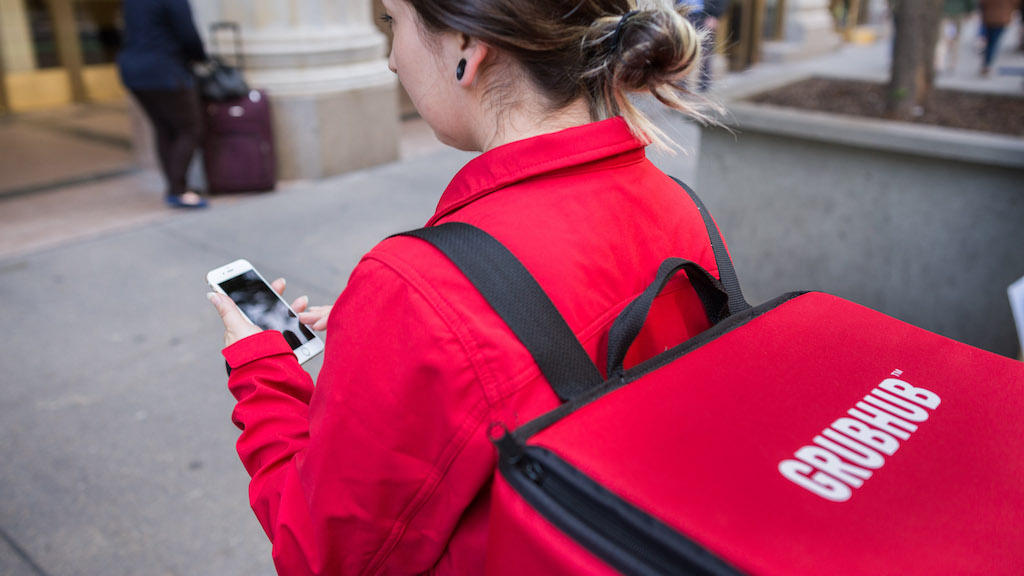
Courtesy of Grubhub
What do food delivery platforms owe their drivers? Maybe not much.
In a ruling seen as a victory for Grubhub and its gig economy counterparts, a federal judge in California says the delivery platform does not owe its drivers the legal rights of employment—like minimum wage or workers compensation—even if they make a living through the service. Though the case may be appealed, and comes with certain caveats, it’s the first such case to reach trial, and may shape the legal relationship between contractors and the digital platforms they rely on.
App-based delivery services like Postmates, Grubhub and Uber Eats poise themselves not so much as companies, but as new technologies. The restaurants that make the food, and the delivery people who drop the meal at the front door all work for you, the customer, on demand. But the emerging reality is that those drivers and e-bikers are being paid by huge, billion-dollar companies that dictate their work and shape how it’s executed. And some of those workers are starting to feel they should be granted the protections that come with traditional employment.
That’s what Raef Lawson, a former Grubhub driver, alleged in a San Francisco federal court last fall. A part-time actor in Los Angeles, Lawson drove for the delivery company for four months, beginning in 2015. According to court documents, he took up the work because the flexible scheduling allowed him to pursue his acting career on the side. But he soon found that he couldn’t drive whenever he wanted to. That’s because Grubhub holds out specific, lucrative slots (“priority scheduling”) for faster, higher-rated drivers. By designating those hours for certain workers, the company is, in effect, scheduling shifts.
But in its Thursday ruling, the U.S. District Court for the Northern District of California said Lawson’s contractor classification had been correct. According to Bloomberg Law, Grubhub’s attorneys successfully argued that the company wasn’t a traditional employer. All the company does is connect customers, restaurants and drivers. The judge found that Lawson had control over how he made his deliveries, which included the hours he worked, and could wear whatever he damn well pleased. (The full text of the ruling is here.)
That’s a big deal because it’s the first time a gig economy contractor has been found not to pass the Borello test at trial. That’s a common-law standard in California, established by a case heard in the state Supreme Court in 1989. The essential question of that test is whether or not the person, or the employer, is controlling how the work is done. It also examines whether the work performed is part of the company’s regular business, if it requires a special skill, and whether or not it can be performed without the involvement of the employer.
Rather than face that standard, the major delivery companies have generally opted to settle out of court, as more workers sue them over their classifications. Settlements have been the norm, no matter the state. In 2016, Uber reached a $100 million settlement with 385,000 drivers in New York to continue to classify them as contractors, and last year, Postmates settled with couriers on both coasts for $8.75 million. Shannon Liss-Riordan, the attorney who represented plaintiffs in those cases, and has become something of a specialist in challenging the food-delivery industry, is also representing Raef Lawson.
If the couriers win, and the more protective ABC test prevails in the high court, the case could set a precedent for employee classification in California. If that happens, then Lawson stands a better chance at winning his appeal, and from there, the floodgates could open, allowing even more drivers to say they’re not deliverypeople—they work for Grubhub.

